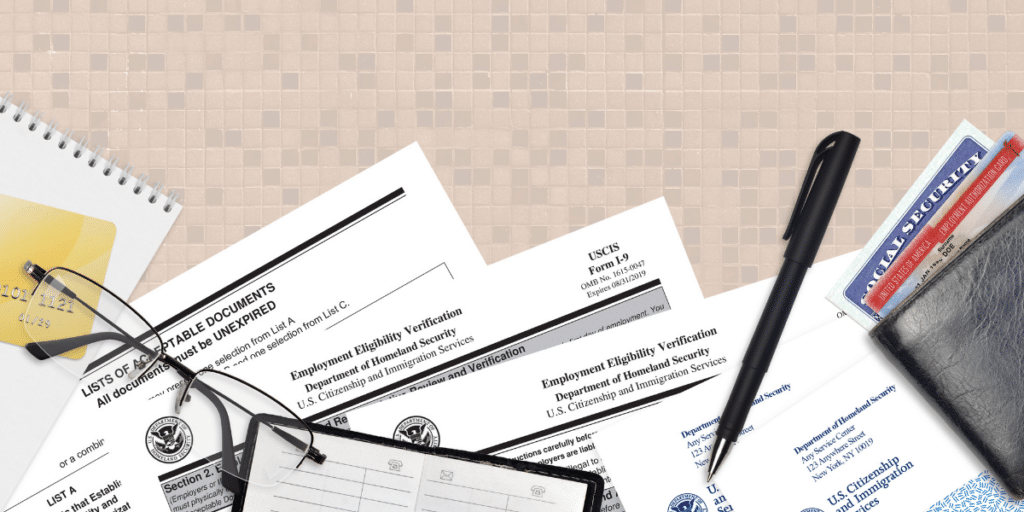There is no doubt that COVID-19 has affected almost every industry in North Carolina and across the country. Businesses are still closed, rescheduling has been mandatory for most gatherings and events, project deadlines have been extended due to the limitation on supplies and a shortage of labor, and millions of individuals are still without a job. Throughout this difficult time, many are wondering how and if COVID-19 affects their contract, and if they can seek any relief. Does a business still have to pay rent even if it cannot open its doors? Is a couple entitled to a refund for their wedding that was scheduled in May? How are subcontractors and contractors affected when they cannot meet the deadlines in a construction contract? The short answer to each of these questions is that it depends on the facts of each case and the specific terms of the contract.
Force Majeure Clause
Many contracts include a force majeure clause. This clause excuses non-performance under a contract typically when circumstances prevent the performance of the contract. If the force majeure clause is triggered, it could allow the parties to suspend performance or terminate the contract. The rationale behind a force majeure clause is that it would be unreasonable and unequitable to require parties to be held to the strict terms of a contract when events transpire that neither party could have prevented or anticipated, such as a global pandemic.
If a contract contains a force majeure clause, a global pandemic does not automatically mean that the parties can suspend performance of the contract and are no longer held responsible to its terms. Some force majeure clauses contain specific terms as to what qualifies as triggering events, while others expressly exclude pandemics or global health crises. Other force majeure clauses will contain a “catch all” provision or will state that “Acts of God” excuse performance. There is some debate as to which events under those provisions allow for excuse of performance.
North Carolina offers very little case law with regard to interpretation and enforceability of force majeure clauses. The North Carolina Supreme Court narrowly construed “Acts of God” to be defined as “an act occasioned exclusively by violence of nature without the interference of any human agency.” Lea Co. v. N. C. Bd. of Transportation, 308 N.C. 603, 615 (1983). This could mean that such clauses may not excuse or suspend performance as a result of the COVID-19 pandemic.
Even if it is exceptionally clear that a force majeure clause expressly excuses or suspends performance due to a pandemic, it is important to be aware there are likely notice requirements that must be followed in order receive relief. Failure to give the proper notice, could prohibit any relief.
If a contract does not contain a force majeure clause or for some reason does not allow for relief because of the COVID-19 pandemic, the analysis does not end there. The law provides additional defenses to non-performance, namely frustration of purpose and impossibility of performance, that may be available.
Doctrine of Frustration of Purpose and Doctrine of Impossibility
These are common law doctrines which may provide some partial relief in the absence of a force majeure clause or if a force majeure clause does not provide relief. The rationale behind these doctrines is that due to some unforeseen and unexpected event, performance of the contract has become impossible or impracticable. These doctrines typically are used to excuse performance altogether, but they cannot be used if the contract specifically allocates the risks of that very event occurring (for example, if the contract expressly allocates the risks of a global health crises). Just as one must with a force majeure clause, notice requirements are vital. Failure to document and provide timely notice could prevent receiving relief under these common law doctrines.
If you have questions about your contract, contact an attorney at Dozier Miller Law Group. We are available to assist existing and new clients by phone, email, and video conferences. To learn more, please visit our website: https://doziermillerlaw.com/
This information is provided for informational purposes only; it is not offered as and does not constitute legal advice.

CATEGORIES
Contact an Attorney
Our attorney offer specialized guidance and representation in a variety of practice areas.

REMEMBER: Always speak with your own attorney
This information is provided for informational purposes only; it is not offered as and does not constitute legal advice.
More Insights and Resources
Learn more about what to expect when facing a family law dispute in Charlotte, North Carolina from Family Law attorneys at Dozier Miller Law Group
Can You Get Your Due Diligence Money Back? What Homebuyers Need to Know
Purchasing a home is often one of the most significant financial decisions you’ll make. If you’re house…
What NC House Bill 269 Could Mean for Non-Compete Agreements in North Carolina
Non-compete agreements have long been a controversial tool in the corporate world—sometimes protecting legitimate business interests, and…
Protect What Matters Most: Estate Planning for Every Stage of Life
Thinking about the future doesn’t always come naturally. Many of us get caught up in the day-to-day,…
Will a Separation Protect Me Financially?
Separation is never easy, especially when financial questions start piling up. Can you protect your savings? Will…
Practical Custody Arrangements for Families
Trying to figure out custody arrangements? You’ve probably come across terms like joint custody, primary custody, and…
Future-Proof Your Business Against Form I-9 Changes
Running a business is no small feat. Between managing your team, keeping customers happy, and planning for…
When Do You Need an Attorney for a Breach of Contract Case?
Contracts are the backbone of any good business relationship. They bring clarity, set expectations, and hold everyone…
Navigating Immigration Changes and Their Impact on Employment Law
No matter the size of your business, immigration law affects your ability to hire and retain the…
LGBTQ Families and Stepparent Adoption: What You Need to Know in North Carolina
As a family law attorney in North Carolina, I’ve seen many parents assume that their legal status…
What to Do When You Get a Bad Google Review
If you’re a Charlotte business owner, you know just how important your online reputation is. Around 98%…










